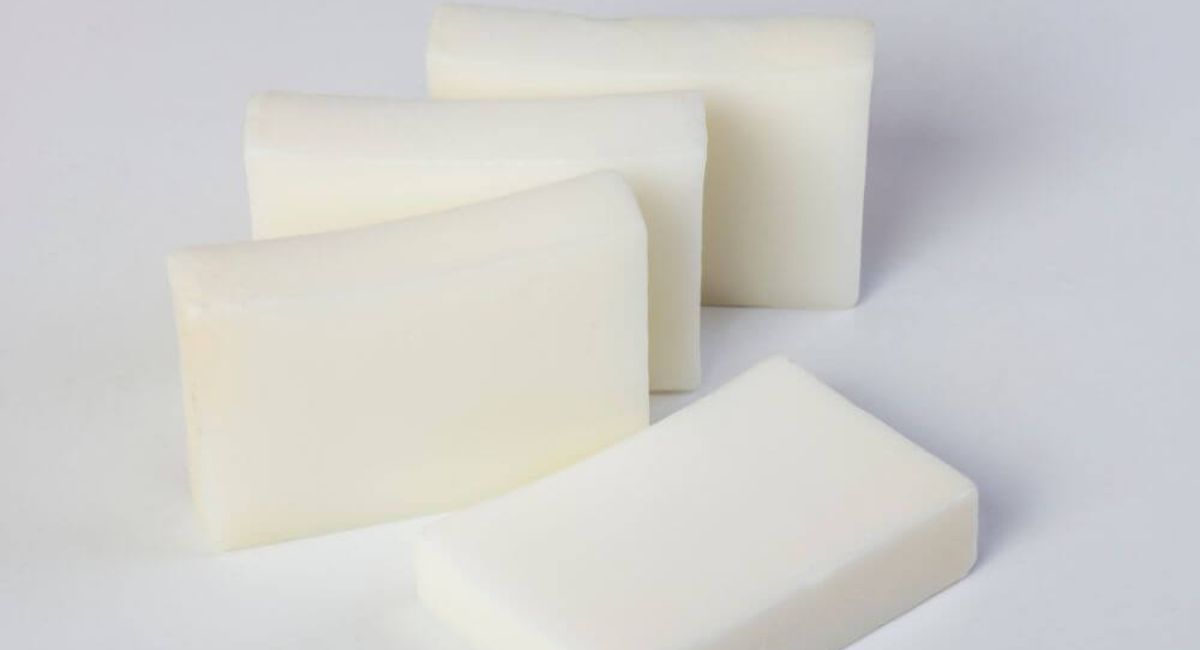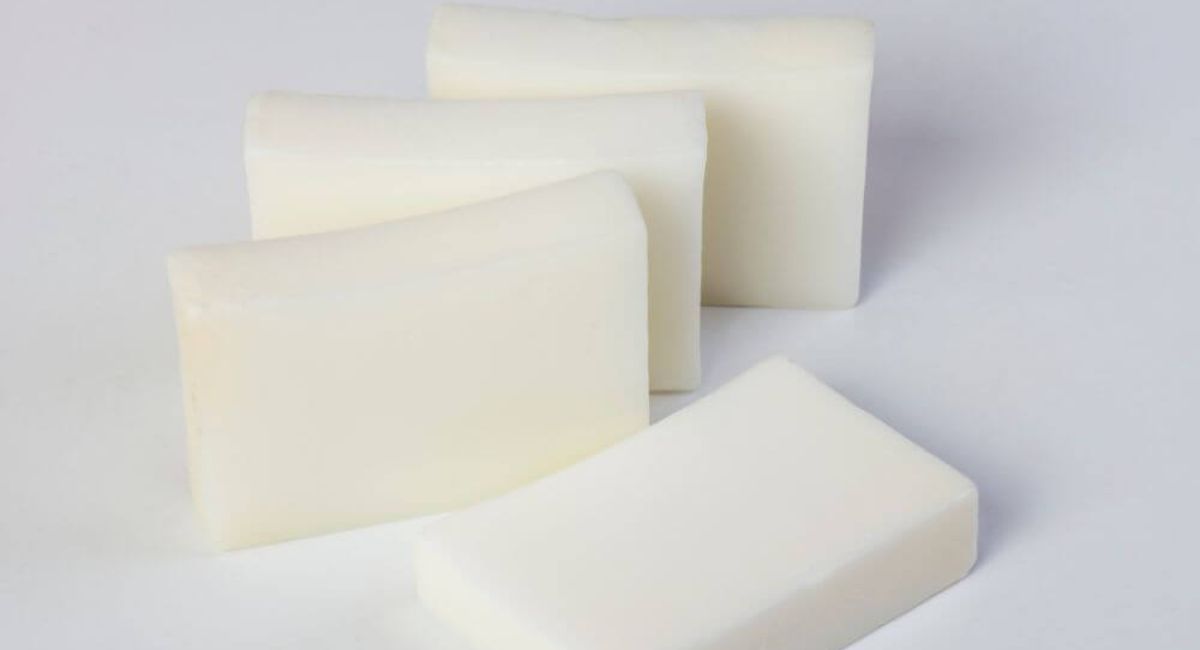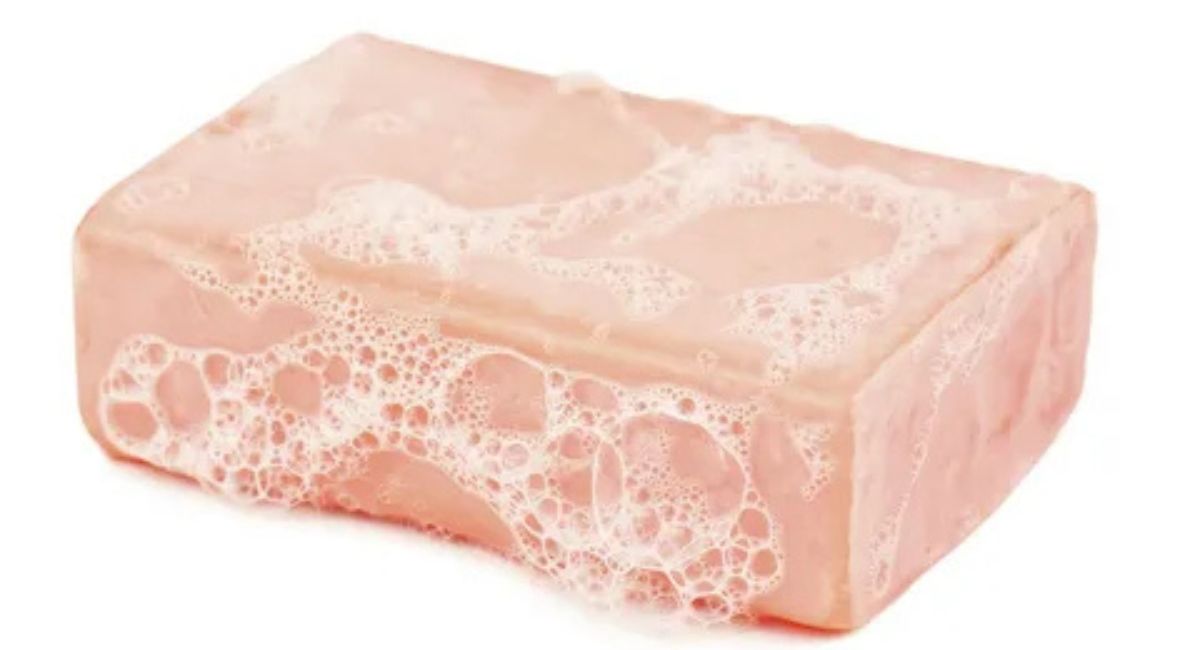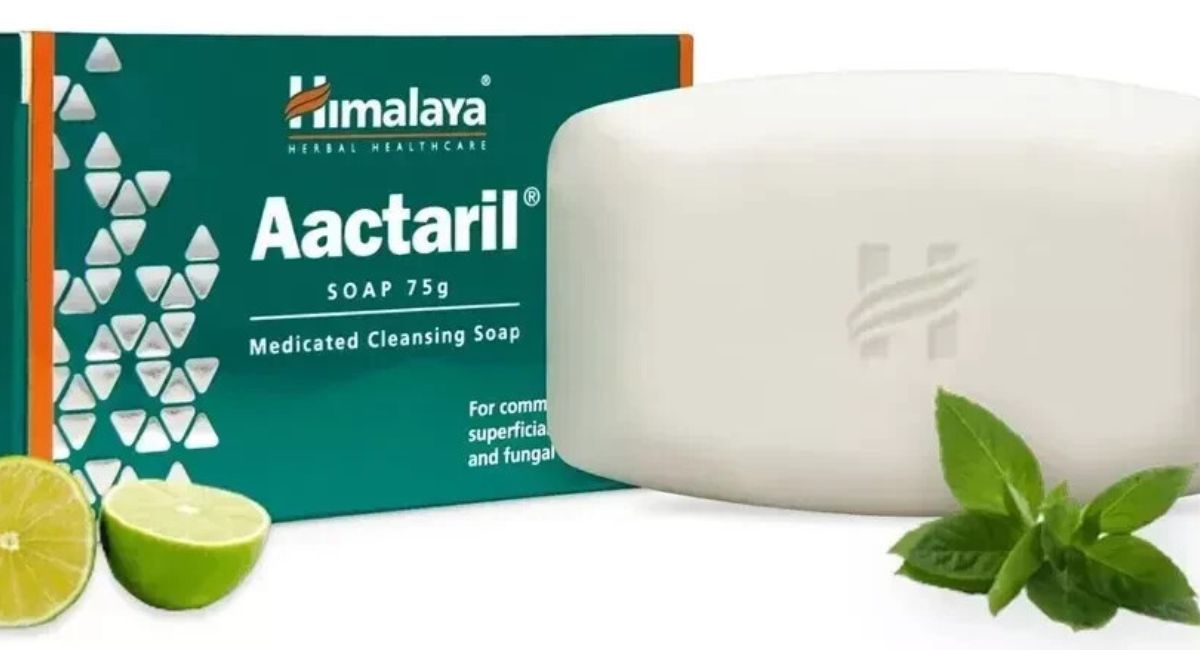Sometimes dealing with a yeast infection feels never-ending. You try regular soaps, but they sting or make things worse. At that point, you just want the Best Soap for Yeast Infection that actually soothes, heals, and keeps the discomfort from coming back.
In this blog, you’ll find clear answers on which soaps work, why ingredients matter, and how to pick safe options for daily care. If you’ve been searching for the Best Soap for Yeast Infection, this guide will give you the relief and confidence you’ve been looking for.
Why Does Soap Matter in Yeast Infection Care?
Ordinary soaps often contain harsh detergents, perfumes, and chemicals that disrupt the skin’s natural protective barrier. For women struggling with yeast infections, this can create even more irritation and worsen symptoms. The difference between regular soap and antifungal soap lies in how each product interacts with sensitive skin. While commercial body soaps strip away good bacteria and alter vaginal pH, an antifungal soap for yeast infection is designed to maintain balance and target harmful fungi without irritation.
Choosing the best soap for sensitive skin is essential because yeast infections thrive when the environment becomes unbalanced. The right intimate area soap can prevent these imbalances by offering gentle cleansing that respects the natural microbiome. Many dermatologists agree that a pH balanced soap specifically crafted for feminine hygiene can support recovery and reduce recurrence.
Signs and Symptoms of Yeast Infection in Women
Understanding the warning signs of a yeast infection is the first step in managing it effectively. Most women notice persistent itching, redness, swelling, or discomfort in the vaginal area. A thick, white discharge resembling cottage cheese is another common indicator. Recognizing these symptoms early allows you to choose a vaginal cleansing soap that can provide soothing relief and prevent the infection from escalating.
Another overlooked sign is persistent odor, which often leads women to experiment with heavily perfumed soaps. Unfortunately, those products may trigger more irritation rather than helping. Using a fragrance-free soap for yeast infection helps target discomfort without adding unnecessary chemicals. Paying attention to these signals and matching them with the right cleansing routine ensures faster recovery and better protection.

What Are the Common Causes of Yeast Infections?
Yeast infections usually result from an overgrowth of Candida, a fungus naturally present in the vaginal area. Antibiotic use, tight synthetic clothing, poor diet, and high sugar intake often create the perfect environment for this imbalance. Many women unknowingly worsen the condition by using harsh soaps that strip away protective bacteria.
The choice of soap plays a surprising role in both prevention and treatment. Harsh detergents or strong chemicals can irritate delicate skin and disrupt pH levels, making infections more likely to return. In contrast, an organic soap for feminine hygiene or herbal soap for intimate care provides cleansing without causing harm, helping restore comfort and balance naturally.
Health Benefits of Using the Best Soap for Yeast Infection
Using the right soap provides immediate and long-term benefits. Women often notice reduced itching, less irritation, and improved odor control. A soothing soap for irritation made with natural oils or herbal extracts can calm inflamed skin while supporting healing.
Another key benefit is the role these soaps play in preventing recurrence. Can soap help prevent yeast infection recurrence? Yes, when you choose dermatologist-tested or gynecologist-recommended products, they help maintain a healthy balance that lowers the risk of future infections. In this way, the soap becomes both a treatment companion and a preventive tool for daily feminine hygiene soap routines.
Can the Best Soap Help Prevent Odor and Infections?
Women often feel self-conscious about odor during infections, but the right soap can reduce this concern significantly. Which soap is best for odor and irritation control? Experts usually suggest an antibacterial and antifungal cleansing bar that removes harmful bacteria while supporting natural freshness. Unlike perfumed body washes, these soaps tackle the root cause of odor rather than masking it.
At the same time, proper cleansing with natural soap for yeast infection lowers infection risks by keeping fungal growth under control. This is why so many specialists recommend choosing a dermatologist recommended soap for long-term protection. Preventing odor and keeping infections away are both possible with careful product selection and consistent use.
The Role of pH Balance in Choosing the Best Soap
The vaginal environment normally has a pH between 3.8 and 4.5, which is slightly acidic. This acidity protects against fungal and bacterial overgrowth. When women use harsh soaps, the pH becomes more alkaline, giving yeast the chance to multiply. Understanding how does pH balanced soap support intimate health is crucial for recovery and comfort.
By choosing a pH balanced soap, you can maintain the natural acidity that keeps infections at bay. This not only helps during active infections but also prevents future ones. Doctors often emphasize that the safest soap for feminine hygiene is one that respects natural balance rather than disrupting it.
How to Choose the Right Soap for Yeast Infection Relief

Selecting the right product requires careful consideration. Look for labels that mention dermatologist-recommended soap for yeast infection relief or gynecologist advice on soap for feminine hygiene. These endorsements indicate safety and effectiveness. Checking for best antifungal ingredients in soap for yeast infection like tea tree oil, neem, or aloe vera is also a smart approach.
You should also avoid products containing parabens, sulfates, or artificial perfumes, as these often worsen irritation. A simple guideline is to choose fragrance-free soap for yeast infection that is gentle enough for everyday use but still effective at targeting yeast. Many women find that rotating between a herbal soap for intimate care and a pH balanced soap works well for maintaining long-term comfort.
Organic and Natural Soaps vs. Chemical Soaps: What Works Best?
There has always been debate about natural vs chemical soap for yeast infection. Natural soaps often contain plant-based ingredients such as aloe vera, neem, chamomile, or coconut oil. These options act as herbal remedies and soap for yeast infection relief, soothing the skin without causing additional irritation. They also avoid synthetic fragrances and dyes, making them a preferred choice for women with sensitive skin.
On the other hand, chemical-based soaps sometimes contain stronger antifungal agents. While effective, they may not be suitable for daily use. Understanding the difference between regular soap and antifungal soap helps women choose wisely. A balance of natural ingredients with proven antifungal properties often provides the safest and most effective solution.
Ayurvedic and Herbal Soap Remedies for Yeast Infection
Ancient remedies are making a strong comeback in modern feminine care. Herbal remedies and soap for yeast infection relief often include neem, turmeric, basil, or tea tree oil. These herbs naturally fight fungi while soothing skin irritation. When combined in a herbal soap for intimate care, they offer both healing and comfort.
Ayurveda highlights the importance of balancing body energies, and skin care plays a vital role. Many women in the USA are now turning to natural soap for yeast infection inspired by these traditions. Unlike synthetic formulas, these soaps emphasize long-term balance and gentle cleansing, aligning with holistic well-being.
Dermatologist and Gynecologist-Recommended Soaps in the USA
Women often feel safer using products endorsed by professionals. Dermatologist-recommended soap for yeast infection relief is typically free from harsh chemicals and scientifically tested for sensitive skin. Some leading US brands focus on fragrance-free soap for yeast infection with proven antifungal benefits.
At the same time, gynecologist advice on soap for feminine hygiene often highlights pH balance and natural formulations. Doctors emphasize that women should avoid treating yeast infections with harsh antibacterial products and instead rely on daily feminine hygiene soap designed specifically for intimate care. Following expert guidance reduces risks and ensures long-term comfort.
Travel-Friendly Soap and Cleansing Options for Women on the Go
Busy lifestyles often mean women need quick, reliable solutions. Travel-friendly soap options for women with yeast infection concerns include small soap bars, disposable wipes, and mini liquid cleansers. These allow women to maintain hygiene while traveling without sacrificing safety.
Convenience should never replace safety. Experts warn that heavily perfumed wipes may cause irritation. Instead, women should rely on soap alternatives for yeast infection prevention that are dermatologist-tested. Keeping a small pack of intimate area soap or a gentle soap for women in a travel kit ensures comfort and confidence on the go.
Extra Insights: Signs of Choosing the Wrong Soap

Sometimes the wrong soap makes things worse instead of better. The signs of choosing the wrong soap for yeast infection include increased itching, burning, dryness, or a feeling of tightness. If these symptoms appear, stop using the product immediately and switch to a safer, soothing soap for irritation.
This is why many experts emphasize the question: is daily use of soap for intimate care safe? The answer depends on choosing the right product. A dermatologist recommended soap or organic soap for feminine hygiene is generally safe for everyday cleansing, but harsh chemical bars should be avoided.
Conclusion
Yeast infections are uncomfortable but manageable with the right approach. Choosing the best soap for yeast infection involves understanding pH balance, avoiding harmful chemicals, and embracing natural or dermatologist-tested options. Whether you prefer an antifungal soap for yeast infection or a herbal soap for intimate care, the right choice can ease irritation, control odor, and prevent recurrence.
As experts often say, are soaps necessary for feminine hygiene or marketing hype? The truth is that when chosen carefully, the right soap can make all the difference. By paying attention to ingredients, professional recommendations, and your body’s signals, you can finally enjoy comfort, confidence, and lasting intimate health.
FAQs About the Best Soap for Yeast Infection
1. Can soap cure a yeast infection?
No. Soap can help manage irritation, but antifungal treatment (creams, suppositories, or oral medication) is usually required.
2. What’s the safest way to clean during an infection?
Use warm water or a fragrance-free, pH-balanced soap only on the vulva.
3. Should I switch soaps after treatment?
Yes, if your current soap is harsh. Sticking to a gentle cleanser can help prevent recurrence.
4. Can men use soap to treat yeast infections?
Yes. Men can also get yeast infections. Mild, fragrance-free soap is recommended for external cleansing.
5. Is it okay to use homemade soap?
Maybe, but be cautious. Many DIY soaps use essential oils in high concentrations, which can irritate sensitive skin.
6. How often should I wash during an infection?
Once daily with mild soap is enough. Over-washing can worsen dryness and irritation.
7. Can I use feminine wash instead of soap?
Yes, as long as it’s unscented, pH-balanced, and designed for sensitive skin.

